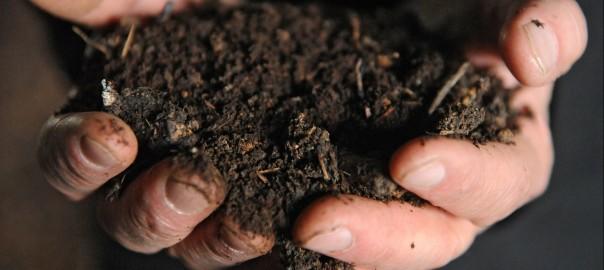
Social & Employment
Place Loire (France)
Sponsor Jean-Christian Pottier
Grant €10,000 at the 10/04/2018 Selection Committee
Project leader
Oasis jardin de Cocagne specialises in organic market gardening and has been a back-to-work scheme since 2001. The organisation helps people experiencing social and work-related issues to secure a sustainable job. The market garden itself stretches out over seven hectares in Saint-Just-Saint-Rambert in the Loire department and provides employment for 19 gardeners on the back-to-work scheme. 300 scheme member families support the social project and pledge to buy a weekly veg box from the market garden.
Organic, local and socially-responsible
Oasis jardin de Cocagne researches and make use of the eco-solutions of the future in order to develop its business and increase numbers on the back-to-work scheme.
The organisation's vermicompost project is in keeping with this ethos: utilizing organic waste, developing the circular economy, and hitting the "zero waste" target. Vermicompost involves worms digesting organic waste and enables the vegetable waste from the organisation's market garden to be put to good use. Market research was conducted to find out about potential vermicomposting techniques and sales ideas. Several volunteers tested the viability of the project. The 10m³ currently produced has been used and the trial has shown that the agronomic quality of the soil improved after the vermicompost was spread over it.
Vermicomposting - a source of green jobs
The production of vermicompost will help increase organic veg production by improving soil productivity. Crop yields will be monitored. Producing vermicompost will also cut the amount the organisation spends on purchasing organic fertilizer. The next phase, scheduled for 2019, will see Oasis jardin de Cocagne putting on sale the vermicompost, offering it to local people and garden centres.
Vermicompost production will create green jobs that complement the organisation's core business. Two garden worker posts will be created. These staff members will restock the windrows with green waste, extract the compost and store it under tarpaulins on the site, maintain the perimeter of the windrows, check humidity etc. The Veolia Foundation's support is enabling the organisation to buy a trailer-spreader to fertilize the garden's plots and a canopy for the agricultural storage area to protect the machinery. The vermicompost area should measure 35m³ in 2018.
Innovation is interesting! As a member of the Cocagne Network, the trial Oasis jardin de Cocagne project was selected by the R&D committee for rollout across the network's other gardens in France (110 gardens).

